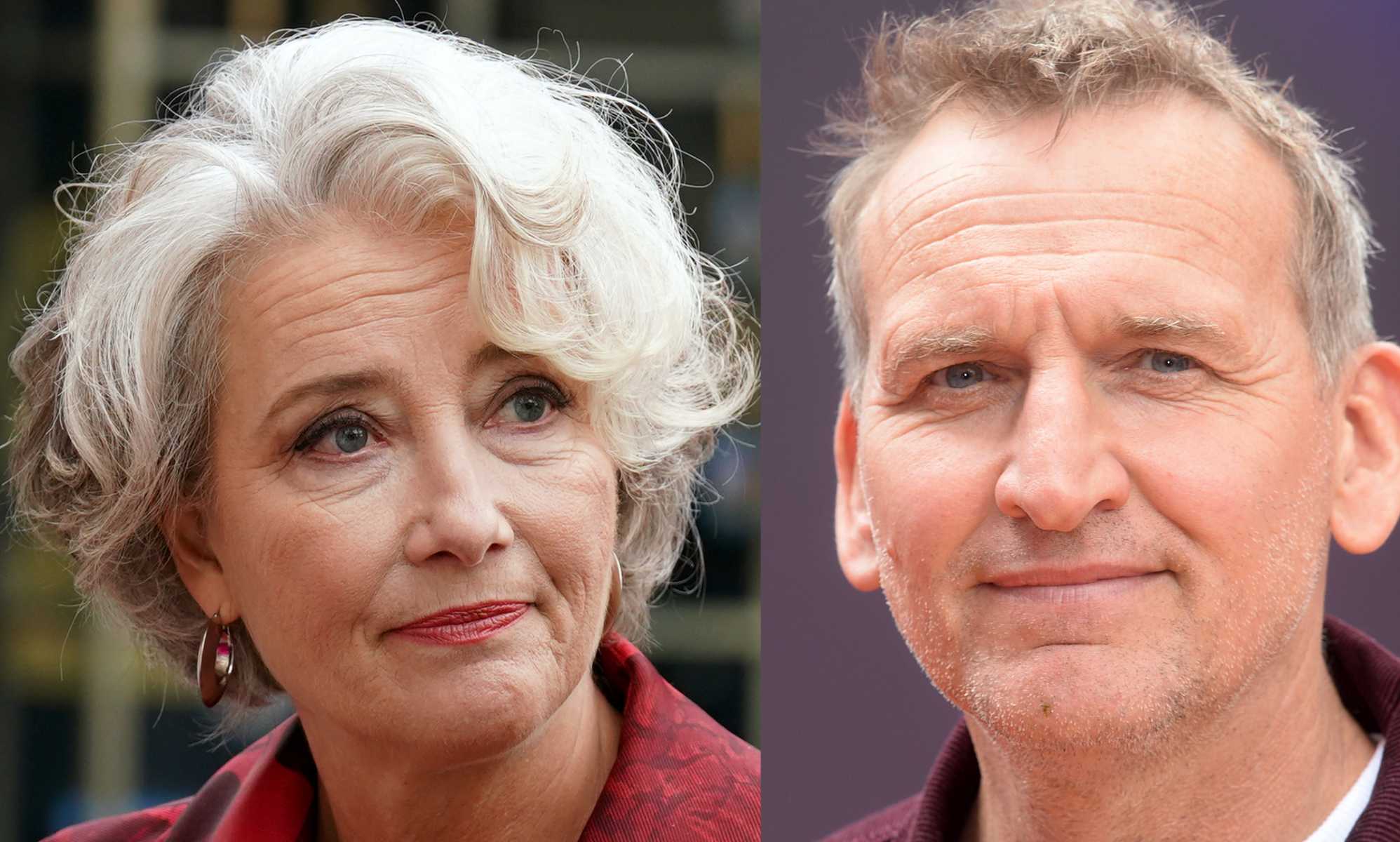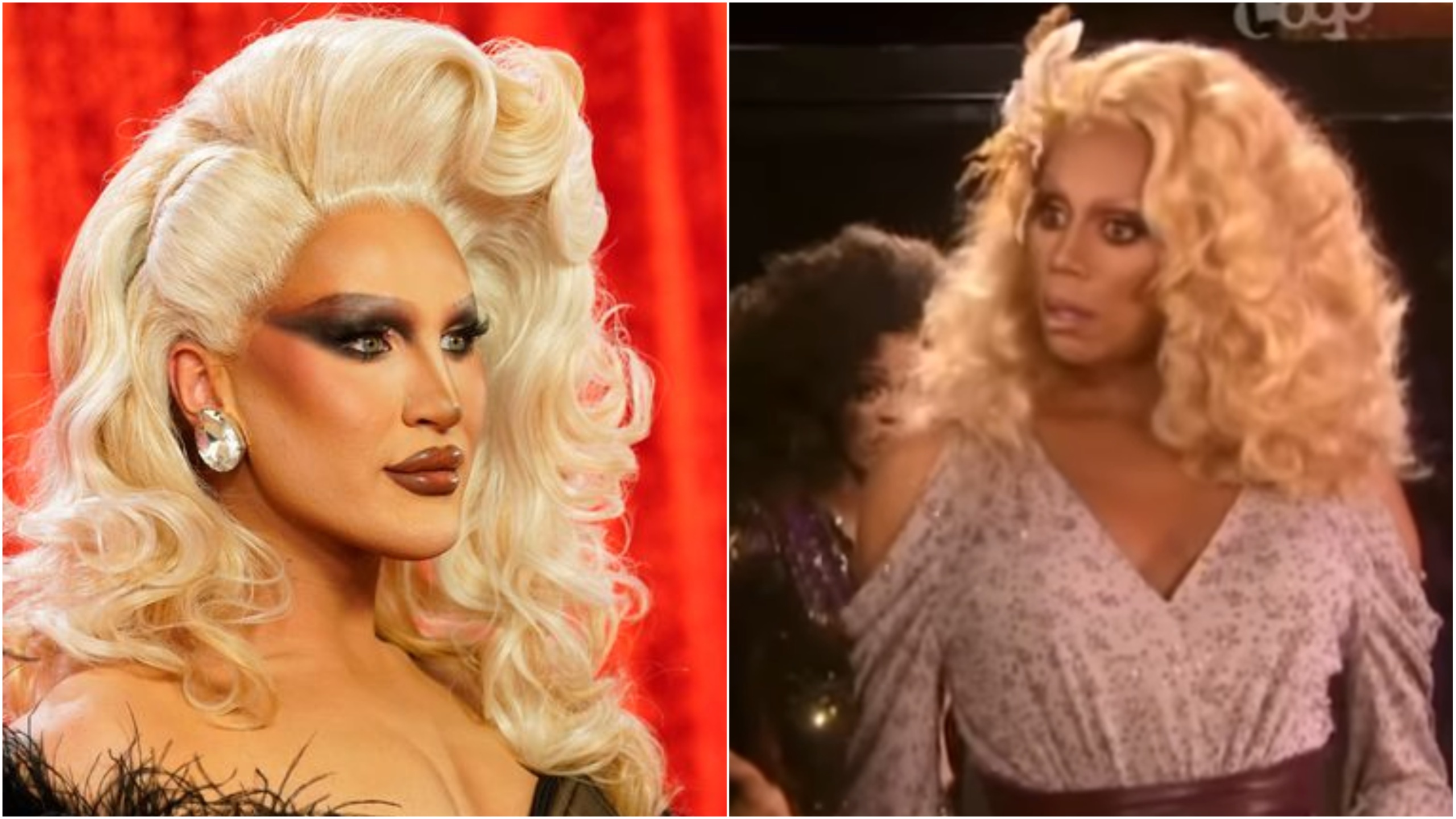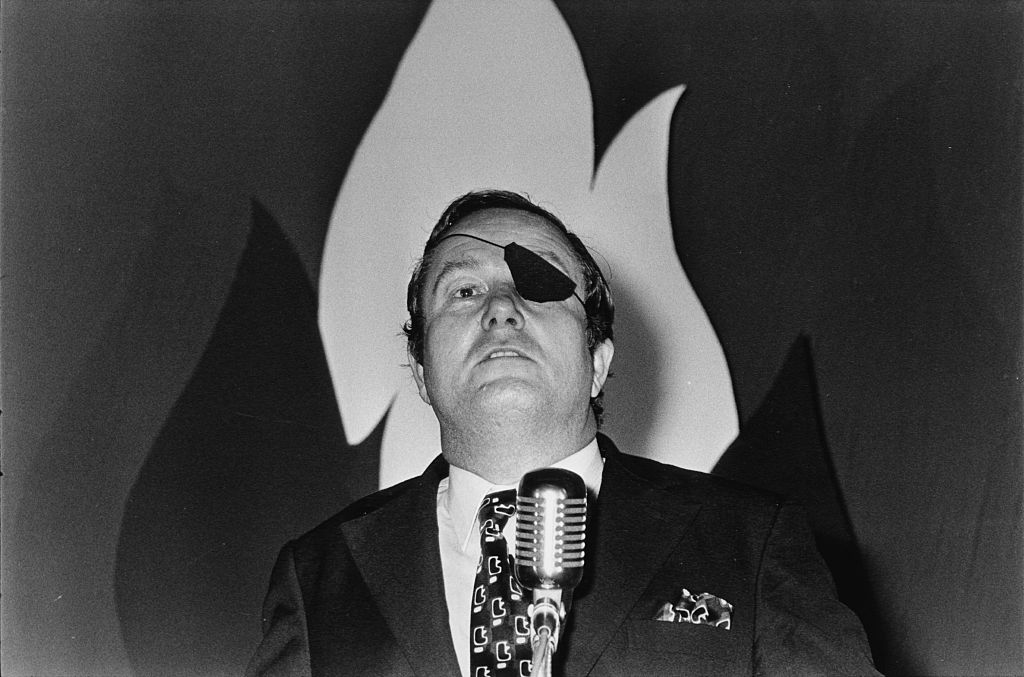Rustin star Colman Domingo on providing ‘hope’ in ‘dark times’
History books fondly remember the 1963 March on Washington, during which a quarter of million people gathered for a moment that would change the course of the civil rights movement in the USA. But few know about Baynard Rustin, the man who made it all happen.
That day in August – during which Martin Luther King delivered his iconic “I Have a Dream” speech – was built from the ground up through the tireless efforts of ostracised political activist Rustin and his team of social justice warriors.
After he was criminalised for having consensual gay sex in 1953, Rustin battled against prejudice from most sides of society as he fought for a liberated future for all Black people, regardless of sexual orientation.
In 2013, President Barak Obama posthumously awarded him with the Presidential Medal of Freedom (Rustin had died in 1987).
Ten years on, Barack and Michele Obama’s production company, Higher Ground (founded in 2018), is behind new political biopic, Rustin, which stars Fear the Walking Dead‘s Colman Domingo in the title role.
The two-hour Netflix film gives Rustin his long-overdue flowers and offers an unfiltered look into his life as a gay Black man navigating 1960s America.
“They are very smart [and] really good writers [and] good storytellers,” director George C Wolfe tells PinkNews about the Obamas’ involvement.
“That’s what filmmaking is, it’s about storytelling and it was a real collaboration.
“It wasn’t an ‘and now we pose for a picture at the end’, because that’s not what they’re interested in. They created Higher Ground because they wanted to continue to empower. This is their first narrative feature so it’s just part of the continuum of who they are.”
Rustin is not the first time Wolfe and Domingo have worked together, previously having cooked up a storm in Ma Rainey’s Black Bottom.
So, when the opportunity arose to get involved in this new project, it was a no-brainer for the star.
“It’s been my pleasure to be invoking Rustin’s spirit, especially with George. We truly worked in partnership to create this loving piece,” Domingo reflects.
In particular, he emphasises the importance of the film’s message about the power of collective organisation.
It comes at a time when the hard-fought-for rights of the LGBTQ+ and Black communities are once more at risk, prompting movements such as Black Lives Matter and sparking impassioned protests against legislation such as Florida’s Don’t Say Gay law.
“I think [Rustin is] hopeful,” Domingo continues, “especially right now in these dark times, [so] that people have somewhere to look and say: ‘Hey, we can galvanise, we can do something to make this world a little better’.
“These were all just ordinary human beings trying to do something extraordinary. I was drawn to all of that.”
The historical feature paints a picture of a vibrant campaigning ecosystem focusing on important figures such as King (Aml Ameen), human rights campaigner Ella Baker (Audra McDonald) and labour union leader A. Philip Randolph (Glynn Turman).
We even get a glimpse into Rustin’s love life as he strikes up an, albeit brief, romance with fellow civil rights activist Elias Taylor (Johnny Ramey).
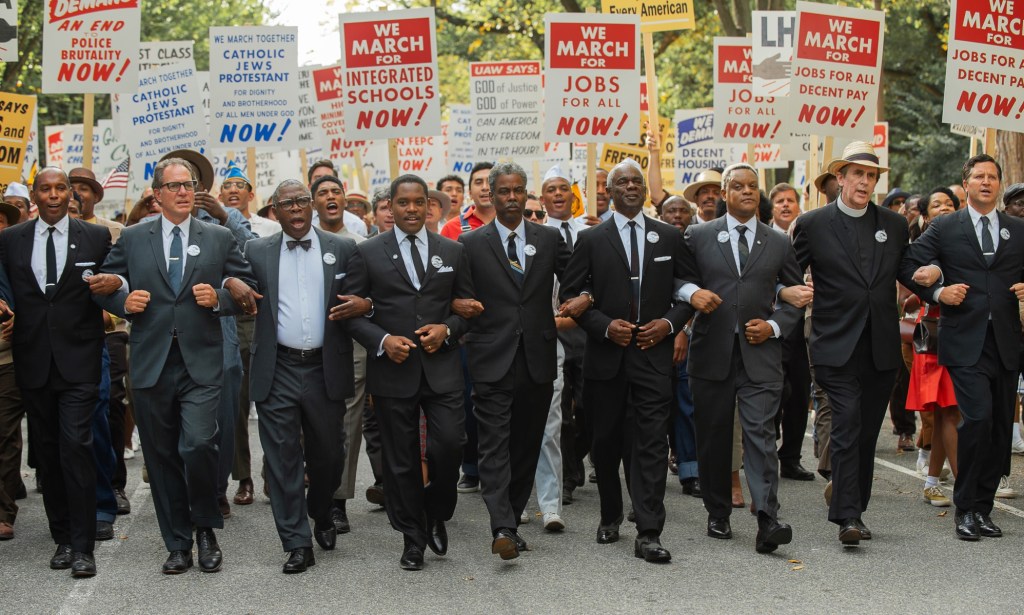
As for Wolfe, it was Rustin’s “remarkable” nature that completely drew him in.
“You don’t read about people like him every day,” he says. “In 1963, he was an out homosexual. He was a brilliant organiser. He was the valedictorian of his high school.
“He was an athlete, he appeared on Broadway, he sang at the same club as [jazz and swing musician] Billie Holiday, there are all these remarkable details about him you just don’t know.”
“I’m in awe of somebody who possessed that skill set.”
And Wolfe had no doubt Domingo would rise to the challenge of portraying this fascinating character with his “natural charisma”.
As an out gay Black actor in Hollywood, Domingo is all too familiar with his sexuality being scrutinised and it was something he considered when bringing Rustin to life.
“The fact that he happened to be gay is interesting enough but I also love that we’re able to not hide that part of him to show how that influenced him.
“He’s a fascinating character study. The reason he was hidden in history books was because he was openly gay but he was so much more than just being a person who was gay.”
It’s a sentiment echoed by Wolfe, who has spent his career delving into the intersectional queer experience. “My theory is [Rustin] came out because he had a lot of stuff to do and didn’t want to waste time on shame, or feeling powerless or lost.
“He owned all of who he was so that he could be effective. I’ve gone on that journey and Colman has as well. Own all of who you are, so you can go to war and make the world more like you think it should. That’s what [Rustin] did.”
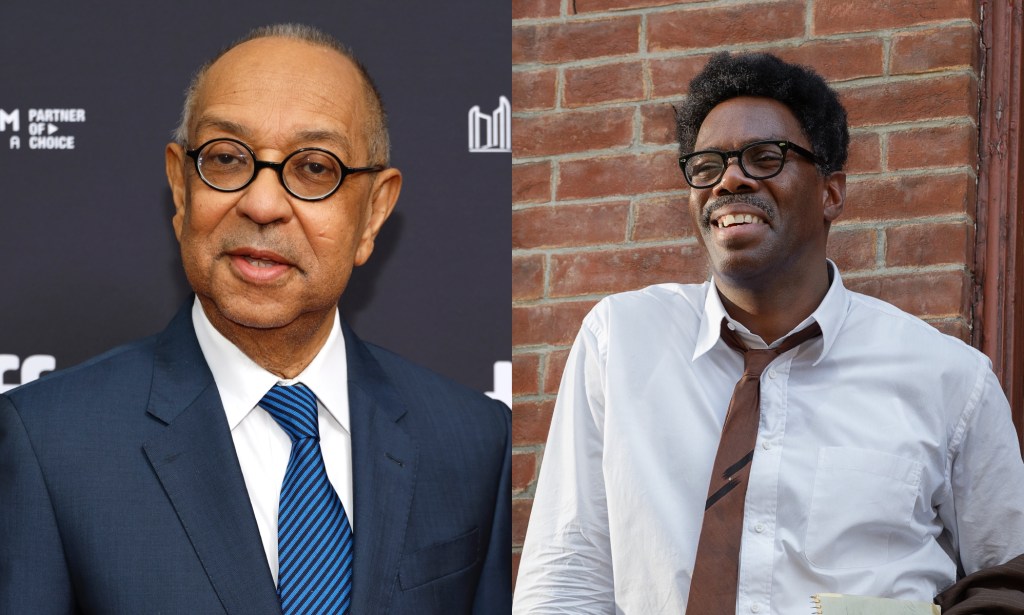
For Domingo, Rustin is the natural progression in a career defined by choosing meaningful roles that make a difference in the cultural landscape.
The Emmy-winning actor first realised the impact of his craft after starring in The Scottsboro Boys, a musical that radically retold the true story of nine African-American boys accused of the 1931 rape of two white women.
“I can look at the things in my career that have led to Rustin and I see I have been laying the foundation and the groundwork to be able to be purposeful and truly in service to a film,” Domingo says.
“By the time this opportunity came up. I knew I had something to give.”
And Wolfe concludes by saying: “Two, three weeks ago, there were a finite number of people who knew Bayard Rustin. Now, every day the film plays, more and more people are aware of this phenomenal human being.”

